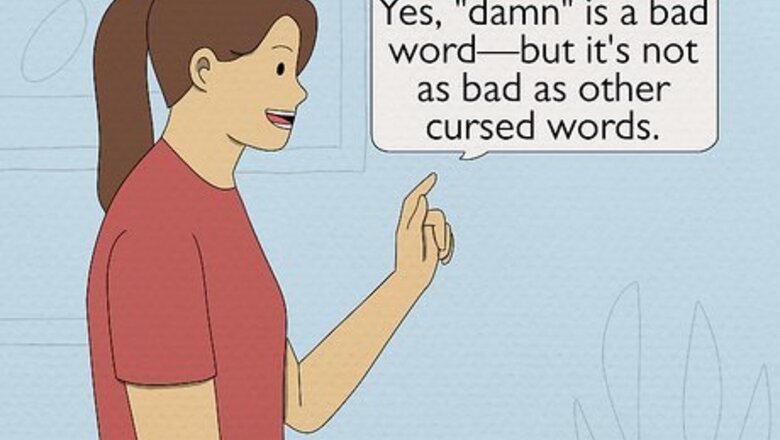
views
- “Damn” is usually considered a bad word. Don’t use it in schools, workplaces, and other formal settings, or around children and strangers.
- “Damn” originates from Christian religious traditions where “damnation” refers to eternal punishment in hell.
- Not all people consider “damn” to be bad word. In some contexts, you can still use “damn,” such as around people who use the word regularly.
- Instead of “damn,” you can say “darn,” “drat,” “drats,” and “blast.” These are more acceptable to use in formal settings, or around children and strangers.
Is “damn” a bad word?
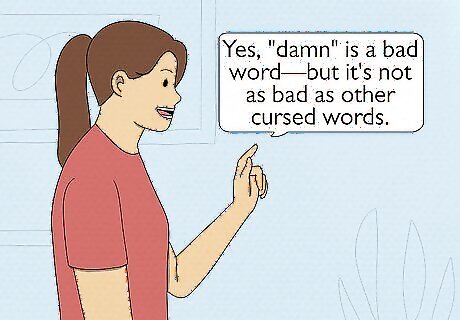
Yes, “damn” is a bad word—but it’s not as bad as other curse words. For instance, “damn” is usually considered less disrespectful than certain serious expletives beginning with "s" and "f". For this reason, some people find “damn” to be a very rude word, while others aren’t bothered by it at all. As a general rule, it’s considered inappropriate to use “damn” in situations where you’re expected to behave politely, like a workplace, or in public settings like schools and community gatherings.
Meaning & Historical Context
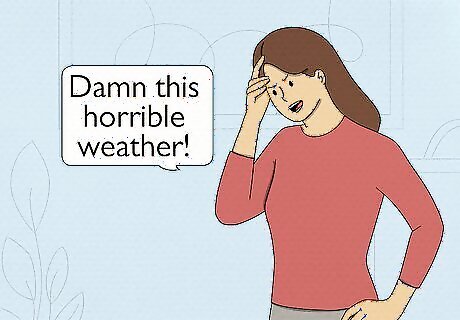
To “damn” someone means to wish them suffering. This originates from Christian religious traditions where “damnation” refers to eternal punishment in hell. Saying “Damn you!” is therefore equivalent to saying “Go to hell!”—at least according to tradition. “Damn” can also be used to condemn someone or something. For example, “Damn this horrible weather!” or “Damn that thief!”
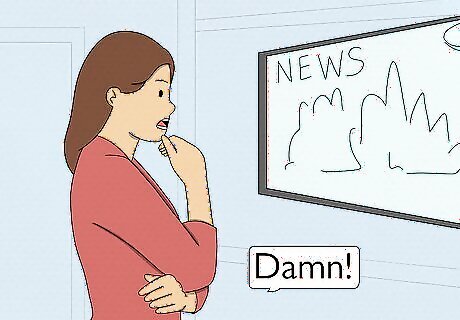
“Damn!” is often used as an exclamation. For example, a person might yell “Damn!” after stubbing their toe, missing a train, or hearing shocking news. It’s similar to how someone might say “Wow!” or “Oh no!” Other profanities are used in a similar way—such as yelling “S**t!”
General Guidelines for Saying the Word “Damn”
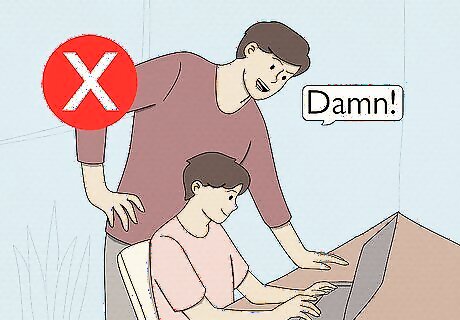
You shouldn’t say “damn” in formal settings. Don’t say it in workplaces, public areas, schools, and houses of worship. You should also avoid saying it around children or strangers. Children may repeat the word without understanding the context, while strangers might take offense or simply feel uncomfortable hearing it from someone they don’t know. In some circumstances, using the word “damn” can get you into legal trouble, such as if it’s said during a live public broadcast. In certain cities and regions, “damn” might be considered less problematic, while in other areas it could be perceived as extremely offensive.

You can usually say “damn” in situations where others use the word. For instance, if your friends, family members, or acquaintances say “damn” fairly often, you can probably use it around them—as long as you use it in the same way they do. For example, someone might say “Damn!” after hearing bad news, but they might never say “damn you” to someone because that would be hurtful. Using “damn” is also more acceptable in very informal public settings like bars, sports games, and dance clubs. In some cases, you can simply ask which words people are comfortable with. A very close friend might be happy to tell you if the word “damn” makes them upset.
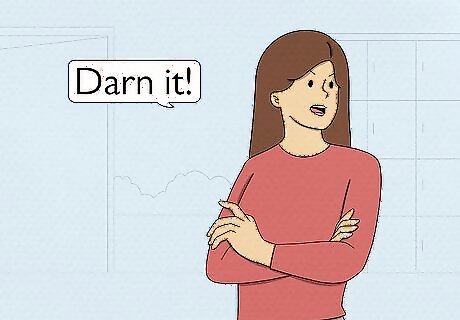
Don’t say “damn” if you’re not sure if it’s acceptable to use. Using profanity can be risky, and it’s not always obvious which words could cause offense in a given situation. If you have doubts, use other, less offensive words to express yourself. In these situations, you can use something mild like “Oh on!” or “Ugh!” You can also use an alternative to “damn,” like “darn.” Keep reading for a list of alternatives.
Alternative Words to “Damn”

Darn! This one is similar to “damn” but much less offensive. You can say “Darn it,” “I’ll be darned,” and “That’s a darn shame,” to give a few variations. Of course, you can simply exclaim “Darn!” when you’re angry, frustrated, or surprised.
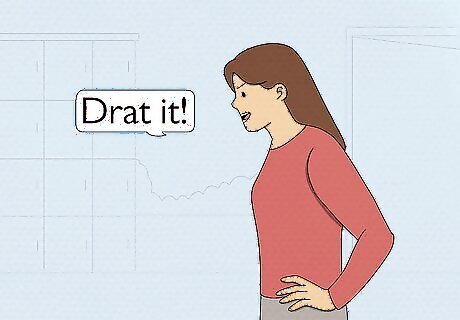
Drat! This one is used in place of “Damn!” However, it only works by itself. You can’t say “Drat it” or “That’s a drat shame.” “Drats!” is another variation.

Blast! This one comes from British slang. Similar to “darn,” you can use it to say “Blast!” and “Blast it!”—though it may sound odd in an American accent.

“Ugh!” Sometimes, a grunt works as well as any curse word. Everyone will know what you mean if you're clearly upset over something that's happened.

“Grrrrrr.” A fake “growl” can be a bit tongue-in-cheek—perfect for when you don’t want to seem overly upset.











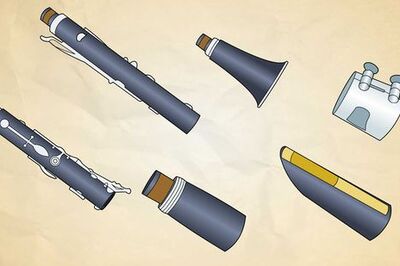



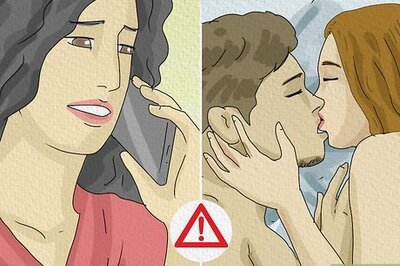



Comments
0 comment